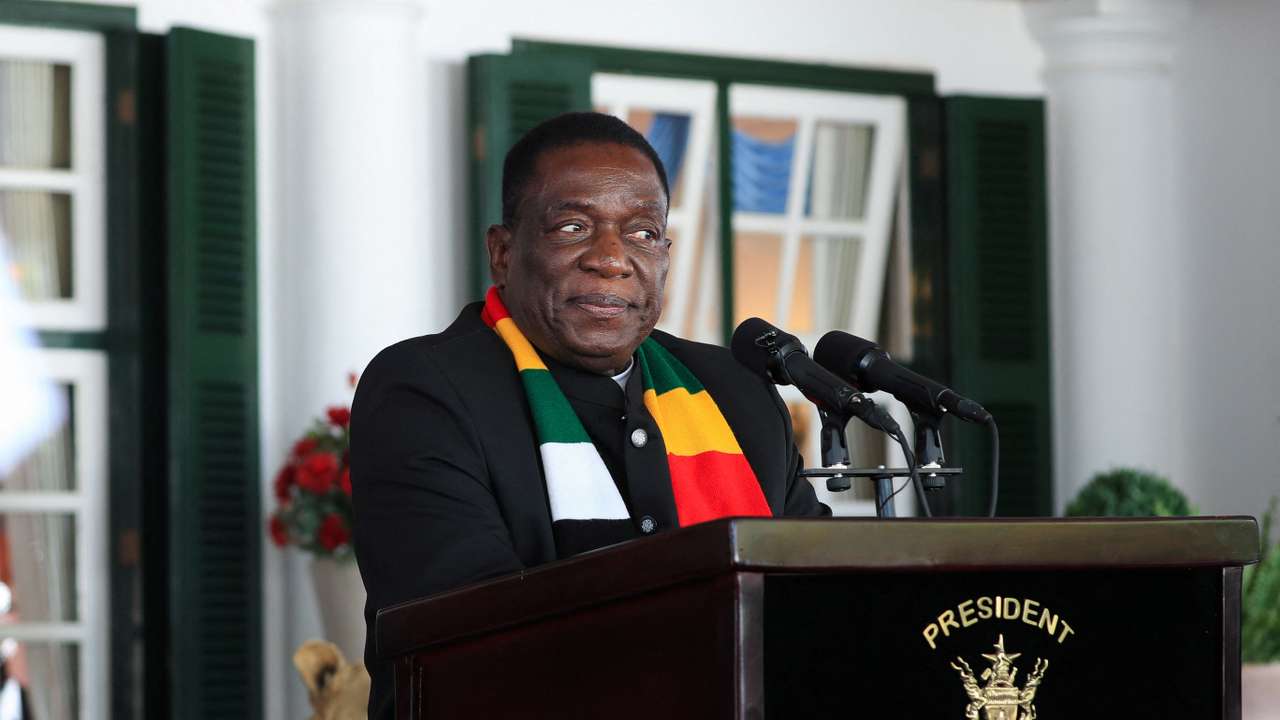Zimbabwe Roundup: Illegal migration, Olympic marathon, drought

Illegal migration
The illegal movement of immigrants between Zimbabwe and Zambia has increased due to receding water levels on the Zambezi River. Border authorities are concerned about the ease with which people can now cross the river, leading to a spike in illegal crossings. Measures are being proposed to improve border surveillance and streamline customs clearance processes. According to New Zimbabwe, the Chirundu border post is set to undergo a major facelift through a public-private partnership.
Schoolchildren face threats from animals
On the outskirts of a wildlife conservancy in southeastern Zimbabwe, 14-year-old Esther Bote starts her day at dawn with a routine: cleaning, cooking, bathing, and dressing in her school uniform. The most dangerous part is the 5-kilometre walk to school through bush paths where dangerous animals may lurk. As reported by the Independent, despite facing these threats daily, it never gets easier. Even children as young as five, guided by older peers or siblings, navigate the dense forests to reach school and return home.
Improving the telecom sector
Clear Mobitel, a UK-based technology company, plans to invest US$200 million in Zimbabwe's telecommunications sector. This aligns with the country's efforts to attract foreign investment and boost economic growth. The company specialises in advanced technologies such as cloud computing, 5G, and IoT. Vanilla Plus reports that the company has also partnered with NEC Corporation to enhance its offerings in Zimbabwe. The investment will focus on infrastructure, technology, and services to impact Zimbabwe's economic growth.
Rutendo explains why she withdrew from Olympic marathon
Zimbabwean long-distance runner Rutendo Nyahora faced criticism after withdrawing from the Paris Olympic marathon mid-race. The 35-year-old dropped out on Sunday after completing 22 kilometres of the 42-kilometre event. Speaking to a ZBC journalist, Rutendo explained that she withdrew because it simply wasn't her day, emphasising that there was no specific reason for her decision, iHarare reports. “I couldn’t finish the race, but if I say anything happened, l will be lying. Nothing happened; it’s just that it was not my day today.”
Opposition starved in drought-prone Zimbabwe
The ruling party in Zimbabwe is accused of tying food aid to political affiliations, denying opposition activists access to food aid during the El Nino-induced drought. Human rights groups have documented instances where victims were denied food aid for being suspected or known members of opposition parties. The government is under pressure to fix economic woes and ensure fair distribution of food aid. This politicisation of food aid has been a long-standing issue in Zimbabwe, reports CAJ News Africa.